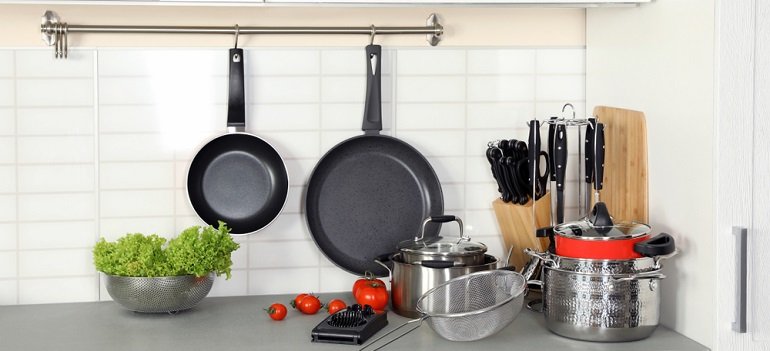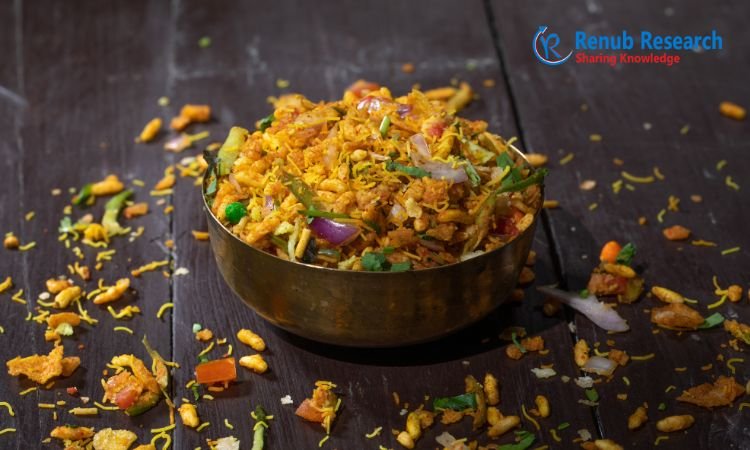Hard anodized cookware has gained popularity in recent years due to its durability and non-stick properties. Many people invest in this type of cookware, but a common question that arises is, “How long does hard anodized cookware last?” In this article, we will explore the lifespan of hard anodized cookware and the factors that can affect its longevity.
Understanding Hard Anodized Cookware
Hard anodized cookware is made by subjecting aluminum to an electrochemical process, resulting in a thick and durable oxide layer on the surface. This process makes the cookware resistant to scratches, corrosion, and other forms of damage. The non-stick coating further enhances its performance and makes it a favorite choice for many home cooks and professional chefs.
Factors Affecting the Lifespan of Hard Anodized Cookware
Several factors influence how long hard anodized cookware will last:
1. Quality of the Cookware
The quality of the hard anodized cookware plays a significant role in its lifespan. Higher-quality cookware tends to have a thicker and more durable anodized layer, which enhances its longevity. Investing in reputable brands known for their quality can result in cookware that lasts for many years.
2. Frequency of Use
The frequency of use directly impacts the lifespan of hard anodized cookware. Regular use, especially with metal utensils or abrasive cleaning methods, can cause the non-stick coating to wear off over time. It is essential to use silicone, wooden, or plastic utensils to prevent scratching the surface.
3. Cooking Techniques and Heat Levels
Cooking techniques and heat levels also affect the lifespan of hard anodized cookware. Excessive heat, especially on high-powered burners, can lead to warping or discoloration of the cookware. It is advisable to follow the manufacturer’s instructions regarding recommended heat levels and cooking techniques.
4. Cleaning and Maintenance
Proper cleaning and maintenance are crucial for extending the lifespan of hard anodized cookware. Avoid using abrasive cleaning agents or harsh scrubbing tools that can damage the non-stick surface. Handwashing with mild detergent and a soft sponge is generally recommended. Additionally, avoid stacking or nesting the cookware to prevent scratches.
Proper Care and Maintenance
To ensure the longevity of your hard anodized cookware, follow these care and maintenance tips:
- Handwash the cookware using mild dish soap and a non-abrasive sponge or cloth.
- Avoid using metal utensils. Opt for silicone, wooden, or plastic utensils instead.
- Dry the cookware thoroughly before storing it to prevent moisture buildup.
- Store the cookware in a cool and dry place, away from direct heat or sunlight.
- Avoid using abrasive cleaners or scouring pads that can damage the non-stick surface.
- Periodically check the condition of the non-stick coating and replace the cookware if signs of wear and tear are noticeable.
Signs of Wear and Tear
Over time, hard anodized cookware may show signs of wear and tear. Look out for the following indications that your cookware may need to be replaced:
- Scratches or chips in the non-stick coating
- Warping or distortion of the cookware’s shape
- Significant discoloration or staining
- Loss of non-stick properties, resulting in food sticking to the surface
If you notice any of these signs, it is advisable to replace your hard anodized cookware to ensure optimal cooking performance and safety.
Extending the Lifespan of Hard Anodized Cookware
While hard anodized cookware is known for its durability, following these tips can help extend its lifespan even further:
- Use low to medium heat settings when cooking to prevent excessive wear on the non-stick surface.
- Allow the cookware to cool down before cleaning to avoid thermal shock.
- Avoid using abrasive cleaners or harsh scrubbing tools that can damage the anodized layer.
- Store the cookware properly, ensuring it is not stacked or nested to prevent scratches.
By implementing these practices, you can enjoy the benefits of your hard anodized cookware sets for an extended period.
Frequently Asked Questions
- Q: Can hard anodized cookware be used on all stovetops? A: Hard anodized cookware is compatible with most stovetops, including gas, electric, and ceramic. However, it is essential to check the manufacturer’s guidelines for specific stovetop compatibility.
- Q: Can hard anodized cookware go in the dishwasher? A: While some hard anodized cookware is labeled as dishwasher-safe, it is generally recommended to handwash it to maintain its non-stick properties and extend its lifespan.
- Q: Can I use metal utensils with hard anodized cookware? A: It is advisable to avoid using metal utensils with hard anodized cookware to prevent scratching the non-stick surface. Opt for silicone, wooden, or plastic utensils instead.
- Q: Is hard anodized cookware safe for health? A: Hard anodized cookware is generally considered safe for cooking. The anodized layer creates a barrier between the food and the aluminum, preventing leaching. However, it is always recommended to follow the manufacturer’s instructions and guidelines.
- Q: Can hard anodized cookware be repaired if damaged? A: It is not possible to repair the anodized layer if it becomes damaged. In such cases, it is advisable to replace the cookware for optimal performance.
Conclusion
In conclusion, hard anodized cookware can last for a significant period if properly cared for. Factors such as quality, frequency of use, cooking techniques, and maintenance play a vital role in determining its lifespan. By following the recommended care and maintenance practices, you can enjoy the benefits of your hard anodized cookware for years to come.



